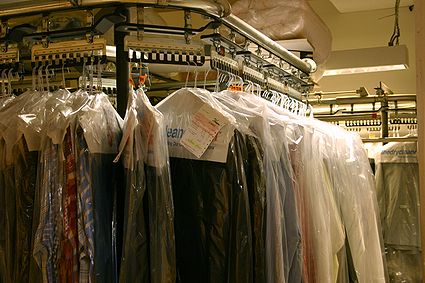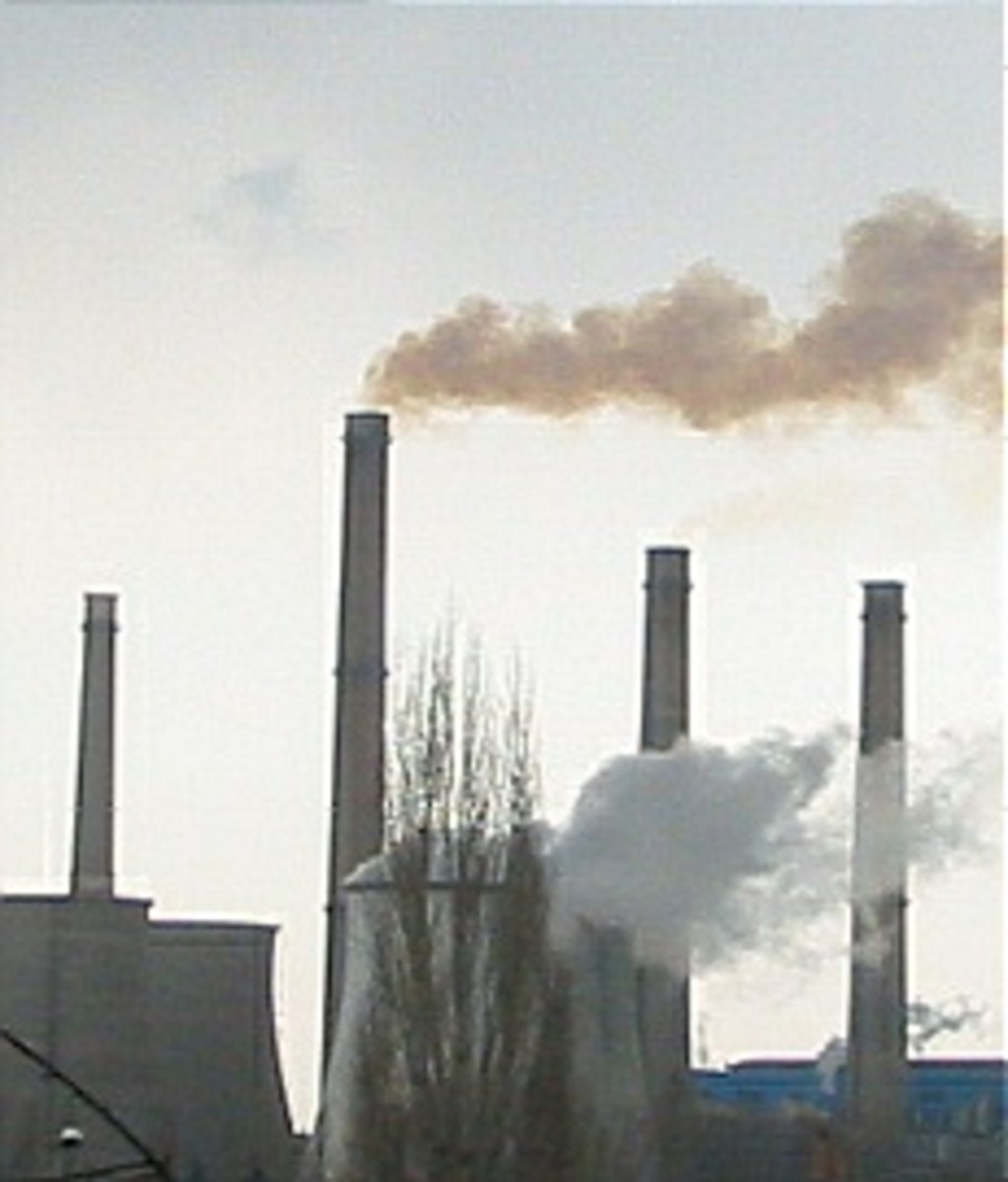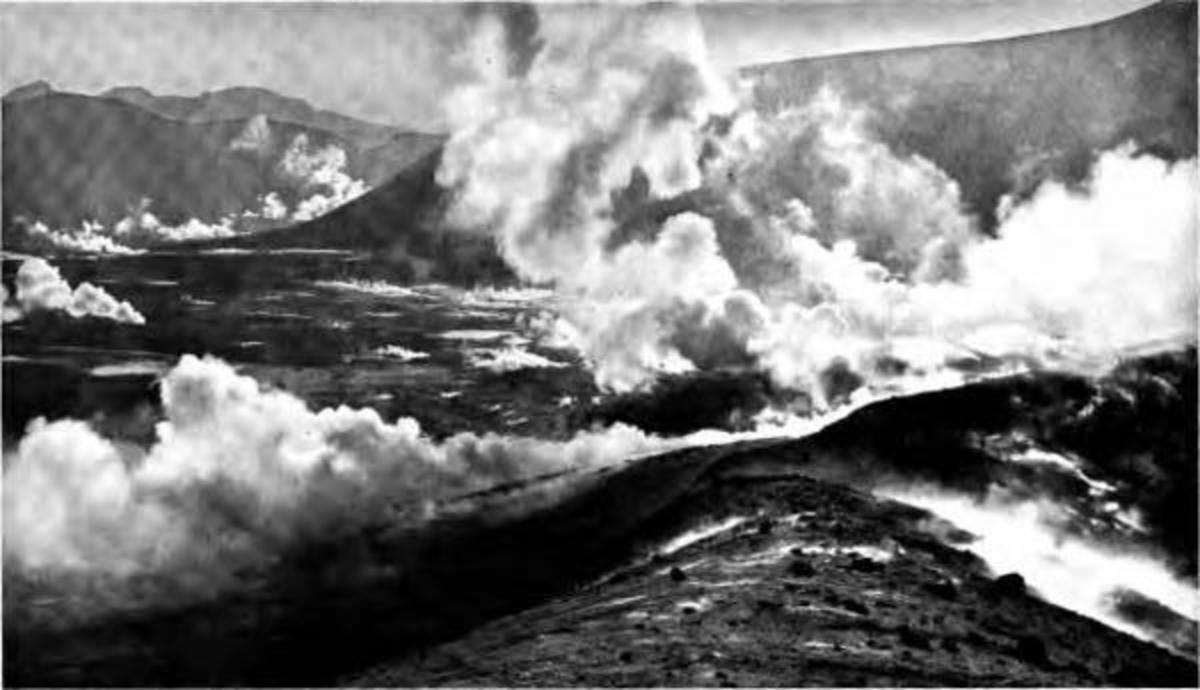The Dirt On Dry Cleaning Solvent

Over the last several years, great strides have been made in identifying the toxicity of the chemicals ever present in our every day lives. There doesn't seem to be a day when we aren't hearing of yet another chemical or food that will pose hazards to our health. After awhile, it becomes tiresome. We start thinking that everything can't be that bad for us....or can it?
The latest topic to hit the news has to do with an industry to which no one gives much thought. Everyone needs clean clothes, right? Our employers expect us to come to the office in professional attire, replete with a well tailored and pressed suit. And yes, the crease in the slacks must be so sharp that you fear you may cut yourself if you're not careful. Then there are the drapes, collecting dust from season to season. We can't ignore spring cleaning. We gather our button down shirts, our tailored suits, and our dining room drapes and off to the dry cleaner we go, totally unaware of the toxic pollution to which we are contributing.
Most people don't know that sweet, wonderful smell on their freshly dry cleaned clothes is the smell of a dangerously toxic chemical solvent that causes a wide range of serious illnesses. Perchloroethylene (PCE) is also known as tetrachlorethene or tetrachlorethylene, and is the active ingredient used by most dry cleaners. It is also used in shoe polishes, paint strippers, car paint, degreasers, carpet cleaners, car cleaning products, and even electroplating.
The chemical often shows up in municiple water supplies, though it is more likely to collect in ground water or vaporize into the air. Because small businesses like neighborhood dry cleaners and auto repair garages are not legally required to report releases of PCE, contamination usually happens through the day to day routine use of the solvent. It is extremely difficult to clean up, requiring other toxic chemicals to degrade it into an easier substance to remove. Because of this, it can remain in the environment for years.
The ATSDR (Agency for Toxic Substances and Disease Registry) states that exposure to very high concentrations of the chemical can cause dizziness, headaches, sleepiness, confusion, nausea, difficulty in speaking and walking, unconsciousness and death. It has been found in 771 of the National Priorities List sites which have been identified by the EPA. It is in a class of endocrine disrupting chemicals (EDC's) which cause disruption of the neurotransmitters dopamine, serotonin, and norepinephrine. Disruption of these neurotransmitters is the cause of conditions such as schizophrenia, depression, bi-ploar disorder, obsessive-compulsive disorder, and ADHD.
A research report published in November, 2011 in “Annals of Neurology”, confirmed previous evidence that exposure to certain chemical solvents, one of which is PCE, significantly increases the risk of Parkinson's Disease.
It's been estimated that about 90% of the pollution caused by PCE resides in the air, though it's also found in soil and water. Humans are exposed to it through air, soil, water, and though it's not absorbed well by the skin, it can cause irritation due to its “defatting” behaviors (breaks down fat/grease). Usually humans are exposed to breathing PCE by bringing home recently dry cleaned clothing, or from living close to a dry cleaner, manufacturer, or repair shop. Ingestion occurs through contaminated drinking water. Once PCE finds its way into a person's blood, it is transported to fatty tissue, the kidneys, liver, or to the lungs to be exhaled. Those working in jobs where PCE is widely used, may expose their families to contamination through exhaling it into the home environment.
Since it's known to concentrate in breast milk, nursing babies of contaminated mothers will also become exposed to it through ingestion. Neurotoxins, such as PCE, have been established as a cause of brain damage to developing fetuses of exposed mothers. In two different studies, it was concluded that women who were exposed to the chemical took longer to become pregnant and were 2-5 times more likely to suffer miscarriage.
So what can we do to reduce this type of pollution and protect ourselves from exposure. Well, for one thing, there are alternatives to dry cleaning. Wool can be handwashed with mild soap and tepid water, and then stretched to it's original size and laid flat to dry, out of sunlight. Rayon can also be hand washed in cool water with soap and then rolled in a towel to remove excess water. Do not twist or wring the garment as it will ruin it's shape and fabric. Silk, too, can be hand washed in cool water. Again, don't wring out. Hang and allow the weight of the water to pull the wrinkles out. Any remaining wrinkles can be removed by hanging for a few moments in a steamy shower, or using a low temperature setting on the iron. If you must get something dry cleaned, keep your car well ventilated on the drive home from the cleaners. Don't take the garment directly inside. Remove the plastic covering the garment before hanging it to “air out” for several hours before bringing it inside.
When it comes to cleaning your carpet or upholstery, rent a “steam vac”. Carpet cleaners use PCE. Steam cleaners do not. Cleaning a car can be a chore due to the grease and grime that can accumulate on the dash board, on the inside of the doors, on the windshield. Try using regular vinegar. It will cut through dirt, grease, and grime the same as without the cancer causing agent of PCE. And finally, don't forget to use a water filter. If you own your home, install a filter on your incoming water pipe. If renting, you can purchase relatively inexpensive systems that will fit right onto your water faucet.
If this issue is important to you, please pass on the information by clicking on the Tweet, Like, or +1 buttons provided at the top of the page. We can make a difference one click at a time!
- The Mysterious Illness of LeRoy or Chemical Exposure?
It began with one 16 year old girl, then became two, and before Fall was over there were a 12 teenage girls stricken with a mysterious illness no one could explain. By the end of the year another three students had joined their ranks. A derailed trai - Circadian Rhythms and Endocrine Disruptors
Our circadian rhythms work with our biological clocks to form our sleep patterns. Research has shown a link between circadian rhythms and endocrine disruptors. If you're experiencing unusual sleep problems and changing patterns, exposure to EDC's mig - From EDCs to BD -- Are Endocrine Disrupting Chemicals the Culprit Behind Escalating Bipolar Disorder
Bipolar Disorder is on the rise and professionals are scrambling to understand why. Is it a matter of over/under diagnosis or are EDC's the primary factor in the escalating cases of both adult and juvenile Bipolar Disease? New studies of the effects - Is Your Child Depressed?
Suicide is the 6th leading cause of death for 5-14 year olds. This article discusses some of the causes of a rise in childhood depression, as well as the symptoms and when it's time to consult a professional.







